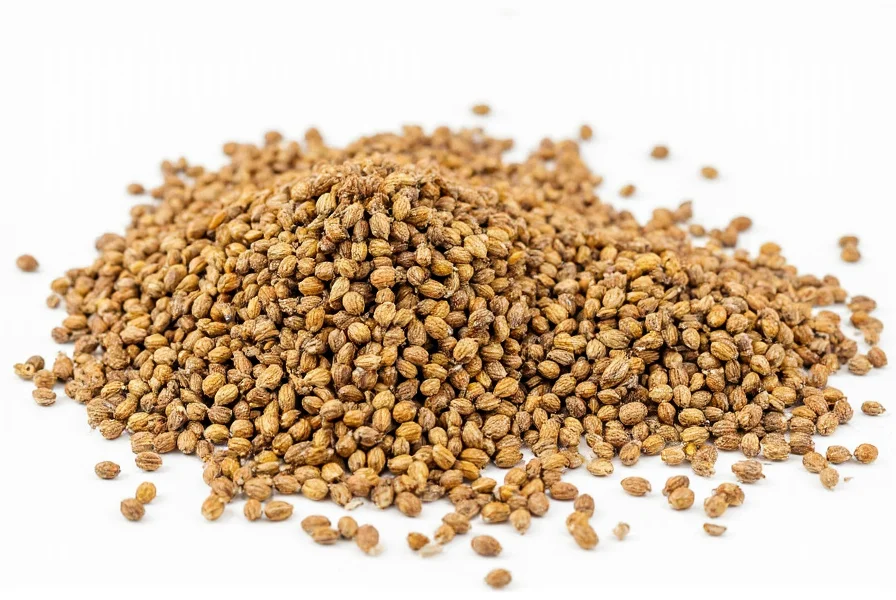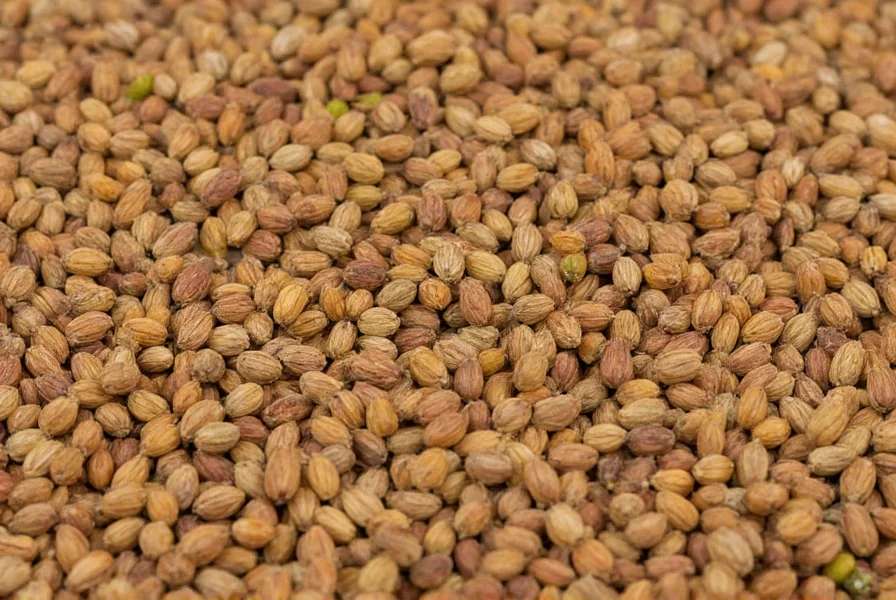When considering can horses eat cumin as part of their diet, it's essential to understand equine nutritional requirements and the potential risks of introducing non-traditional food items. While cumin serves as a popular spice in human cuisine, its application in equine nutrition lacks scientific backing and veterinary support.
Understanding Cumin and Equine Digestion
Cumin (Cuminum cyminum) is a flowering plant in the Apiaceae family, cultivated for its seeds used as a spice. The compound thymol in cumin stimulates digestive enzymes in humans, but horses possess a fundamentally different digestive system. Equines are hindgut fermenters with a delicate microbial balance in their cecum that can be easily disrupted by unfamiliar substances.

Scientific Perspective on Cumin for Horses
Research specifically examining cumin for equine digestion is virtually nonexistent in veterinary literature. The American Association of Equine Practitioners (AAEP) states that horses thrive on forage-based diets consisting primarily of grasses and hay, with limited supplemental grains when necessary. Introducing spices like cumin falls outside evidence-based equine nutritional guidelines.
A 2022 review published in the Journal of Equine Veterinary Science analyzed unconventional feed additives and found no studies supporting cumin's safety or efficacy for horses. The researchers noted that compounds in cumin could potentially cause:
- Gastrointestinal irritation
- Altered gut microbiome
- Unpredictable drug interactions
- Reduced nutrient absorption
| Substance | Human Consumption | Equine Considerations |
|---|---|---|
| Cumin | Common spice with digestive benefits | No established benefits; potential digestive upset |
| Peppermint | Used for digestive relief | Occasionally used in small amounts for gas relief |
| Ginger | Anti-nausea properties | Research ongoing for motion sickness in trailering |
Evolution of Equine Nutrition Guidelines
Key developments in equine nutrition science demonstrate why spices like cumin remain excluded from evidence-based recommendations. This timeline reflects consensus evolution among veterinary authorities:
- 2007: National Research Council's Nutrient Requirements of Horses (6th edition) establishes foundational dietary standards, specifying that "horses require fiber-based diets derived from natural forage sources" with no provision for human culinary spices. [Source]
- 2018: University of Kentucky research validates peppermint's limited application for gas relief but emphasizes strict dosage boundaries and contraindications for renal-compromised horses. [Source]
- 2022: Journal of Equine Veterinary Science systematic review concludes that non-traditional additives like cumin "lack safety data and may disrupt microbial equilibrium in the hindgut." [Source]
Contextual Boundaries for Herbal Supplements
When considering alternatives to cumin, precise contextual boundaries must be observed to avoid unintended consequences. Evidence-based limitations for approved botanicals include:
- Peppermint: Appropriate Context - Short-term gas relief in healthy adult horses. Critical Boundaries - Avoid in foals and renal-impaired horses; maximum 1 oz (28g) dried herb per 1,000 lbs body weight weekly. [University of Kentucky]
- Ginger: Appropriate Context - Transportation anxiety management under veterinary supervision. Critical Boundaries - Contraindicated with anticoagulants; not for chronic use. [Journal of Equine Veterinary Science (2018)]
Why Horse Owners Might Consider Cumin
Some horse owners exploring is cumin safe for horses may be influenced by:
- Traditional practices in certain cultures
- Misinformation circulating on social media
- Attempts to address digestive issues without veterinary consultation
- Confusion with other herbs that have documented equine uses
It's crucial to distinguish between anecdotal reports and evidence-based equine nutrition. While some cultures have historical practices involving spices for working animals, modern veterinary science emphasizes diet formulations based on rigorous research rather than tradition alone.
Safe Alternatives for Equine Digestive Health
Instead of questioning can horses have cumin, focus on proven strategies for maintaining digestive health:
- High-quality forage as the foundation of the diet (minimum 1.5-2% of body weight daily)
- Consistent feeding schedule with multiple small meals
- Psyllium husk for sand clearance (under veterinary guidance)
- Probiotics specifically formulated for equines
- Marshmallow root or slippery elm for digestive tract soothing
When to Consult an Equine Nutritionist
If you're considering unconventional additions like cumin for horses with specific health concerns, always consult a qualified equine nutritionist or veterinarian first. They can help determine whether your horse has genuine nutritional needs that might be addressed through evidence-based approaches rather than unproven remedies.
Signs that warrant professional nutritional consultation include:
- Chronic digestive issues
- Unexplained weight loss
- Poor coat condition despite adequate care
- Reduced performance or energy levels
Conclusion: Prioritizing Evidence-Based Equine Nutrition
The question of whether horses can safely consume cumin has a clear answer based on current veterinary knowledge: it's unnecessary and potentially problematic. Equine digestive systems evolved to process fibrous plant material, not concentrated spices designed for human palates. Rather than experimenting with cumin for horse health, focus on optimizing your horse's foundational diet with appropriate forage, balanced concentrates when needed, and veterinary-approved supplements for specific conditions.











 浙公网安备
33010002000092号
浙公网安备
33010002000092号 浙B2-20120091-4
浙B2-20120091-4